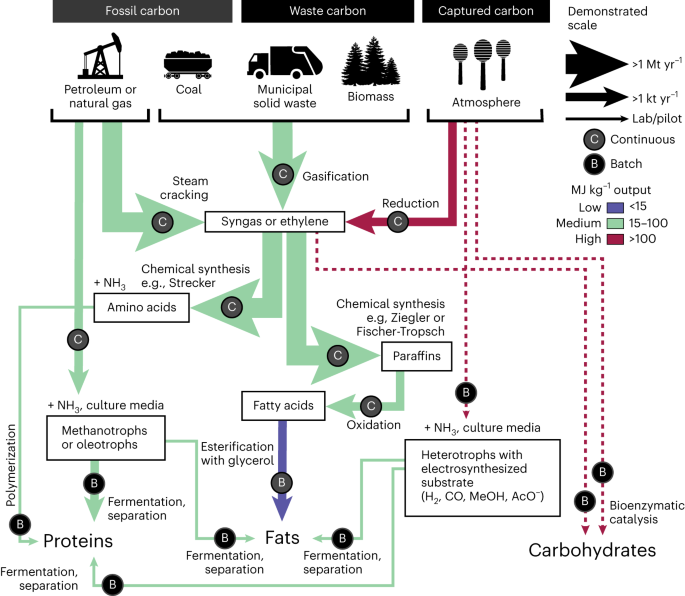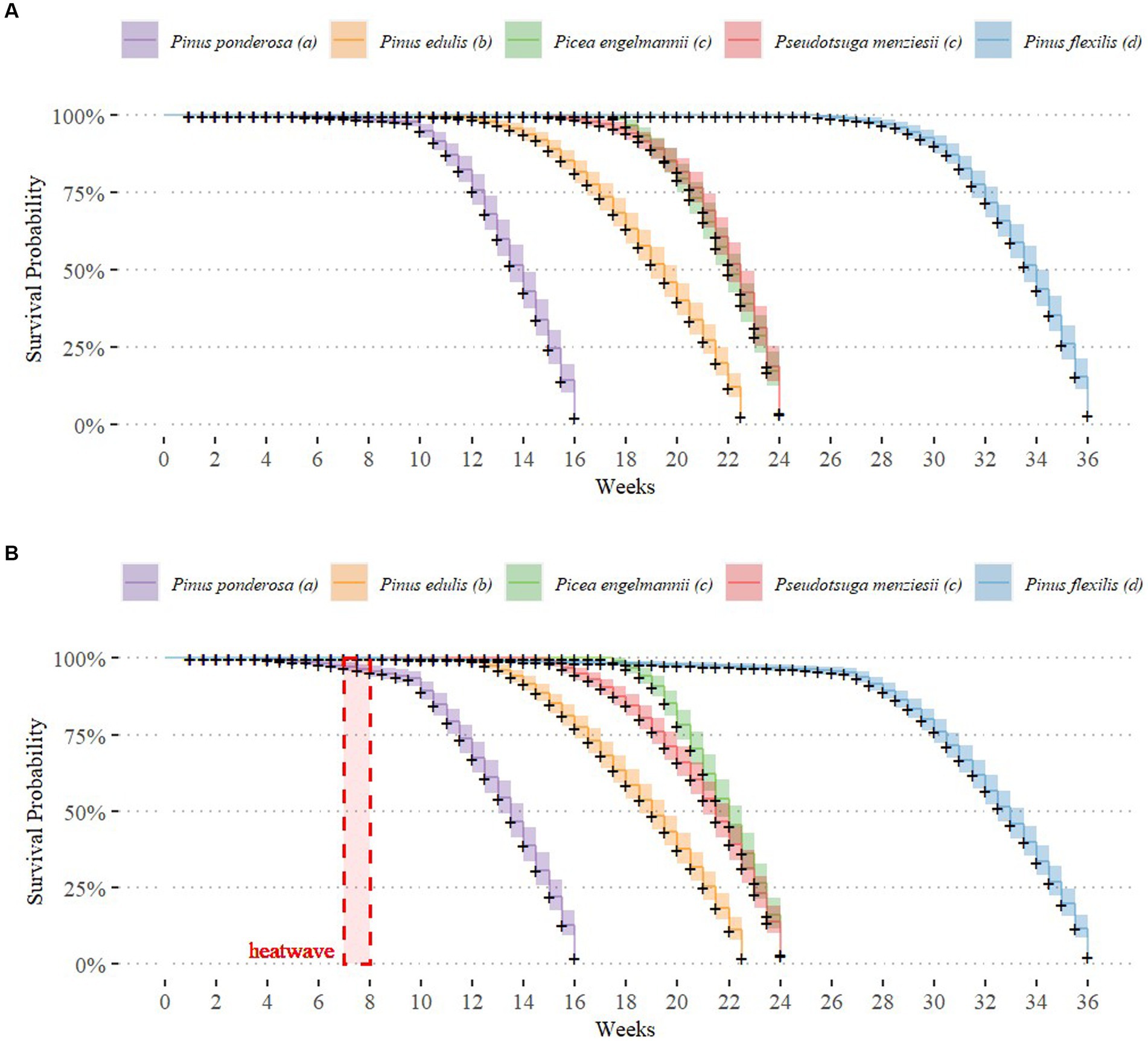2023-11-06 カリフォルニア大学校アーバイン校(UCI)
◆この「農地不要の食品」は、大気中の二酸化炭素と水中の水素を原材料として使用し、環境に多くの利点をもたらす可能性があります。具体的には、気温の上昇による水不足や農業の環境負荷の軽減、気象による食料不足のリスク低減、労働力の必要性の削減、農地の自然回復が挙げられます。ただし、この方法によって生産される食品が一般の人々に受け入れられるかどうかは不明確で、今後の課題とされています。
◆研究者らは、特に脂肪の合成に焦点を当て、これを化学的に合成することが可能であることを示し、農業と自然生態系の競合を減少させ、環境に対する負荷を軽減できる可能性を探っています。
<関連情報>
- https://news.uci.edu/2023/11/06/uc-irvine-led-science-team-shows-how-to-eat-our-way-out-of-the-climate-crisis/
- https://www.nature.com/articles/s41893-023-01241-2
農業のない食料 Food without agriculture
Steven J. Davis,Kathleen Alexander,Juan Moreno-Cruz,Chaopeng Hong,Matthew Shaner,Ken Caldeira & Ian McKay
Nature Sustainability Published:06 November 2023
DOI:https://doi.org/10.1038/s41893-023-01241-2

Abstract
Efforts to make food systems more sustainable have emphasized reducing adverse environmental impacts of agriculture. In contrast, chemical and biological processes that could produce food without agriculture have received comparatively little attention or resources. Although there is a possibility that someday a wide array of attractive foods could be produced chemosynthetically, here we show that dietary fats could be synthesized with <0.8 g CO2-eq kcal−1, which is much less than the >1.5 g CO2-eq kcal−1 now emitted to produce palm oil in Brazil or Indonesia. Although scaling up such synthesis could disrupt agricultural economies and depend on consumer acceptance, the enormous potential reductions in greenhouse gas emissions as well as in land and water use represent a realistic possibility for mitigating the environmental footprint of agriculture over the coming decade.



